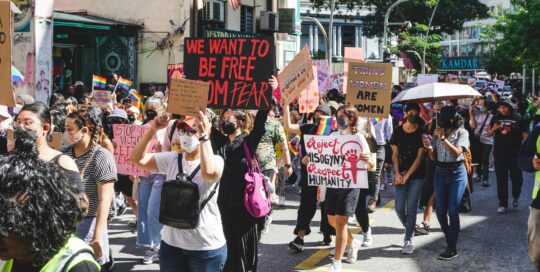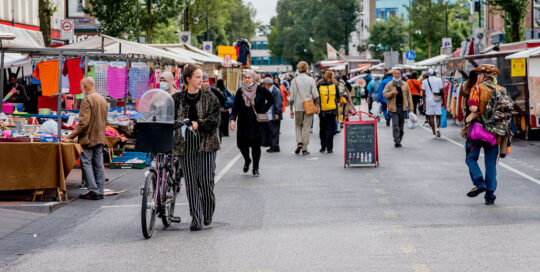Pilot: Social Innovation Fund
The Request of the Ministry of Social Affairs and Employment
Following our feasibility study, former State Secretary Tamara van Ark announced her intention to further explore the possibilities of a Social Innovation Fund through a pilot initiative. Social Finance NL led a consortium (comprising Social Finance NL, Deloitte, SEO Economic Research, and Startgreen Capital) tasked with setting up and executing this pilot. The objective was to assist three employers in developing more inclusive business cases and provide financial support through loans from the Social Innovation Fund. Upon the successful completion of this pilot, SZW requested SFNL to conduct a second pilot involving funding for five employers. These employers were to create job opportunities for individuals facing barriers to employment, such as refugees.
According to SZW, “The feasibility study conducted by Social Finance NL indicates that the lack of financing is often a key reason why employers hesitate to invest in an inclusive workplace. Current incentives mostly focus on hiring individuals and reimbursing costs afterwards, while investments in an inclusive workplace often require upfront funding. Administrative burdens also play a role. Employers have expressed the need for support in organising and seizing these opportunities. With the Social Innovation Fund, we aim to provide this support. In this project, we will focus on achieving tangible outcomes for individuals with a distance from the labour market and their employers.”
The SFNL Approach
In close collaboration with the Ministry of Social Affairs and Employment (SZW), the Ministry of Economic Affairs and Climate Policy (EZK), Perspectief op Werk, and a diverse group of stakeholders—including representatives from the target group, employers, academics, philanthropists, and impact investors—SFNL has shaped the framework of the Social Innovation Fund. The first pilot was launched in two labour market regions selected by SZW: Groningen and Helmond – De Peel. For the second pilot, SFNL is collaborating with employers nationwide.
Working with regional partners and various employers, the Social Innovation Fund identifies and addresses the barriers employers face in investing in inclusive workplaces, enabling the development of a business case centered on an inclusive workforce. The Fund operates in three phases: first, assisting employers in developing the business case; second, engaging in financial engineering by collaborating with public and private financiers and utilizing existing provisions; and finally, providing direct financing to employers for the finalization of the business case.
The Social Innovation Fund focuses on the challenges employers encounter in achieving an inclusive workforce and collaborates with public and private partners to find solutions that result in sustainable employment opportunities for individuals facing barriers to the labour market.
Curious to learn more about the Social Innovation Fund pilot? Visit our website at www.sociaalinnovatiefonds.nl.
Result
Photo by Eddie Kopp
| Project | Pilot Social Innovation Fund |
|---|---|
| Year | 2020-2023 |
| Type | Intermediary |
| Parties | Social Finance NL Deloitte SEO Economisch Onderzoek StartGreen Capital Ministry of Social Affairs and Employment |
| Location | The Netherlands |






